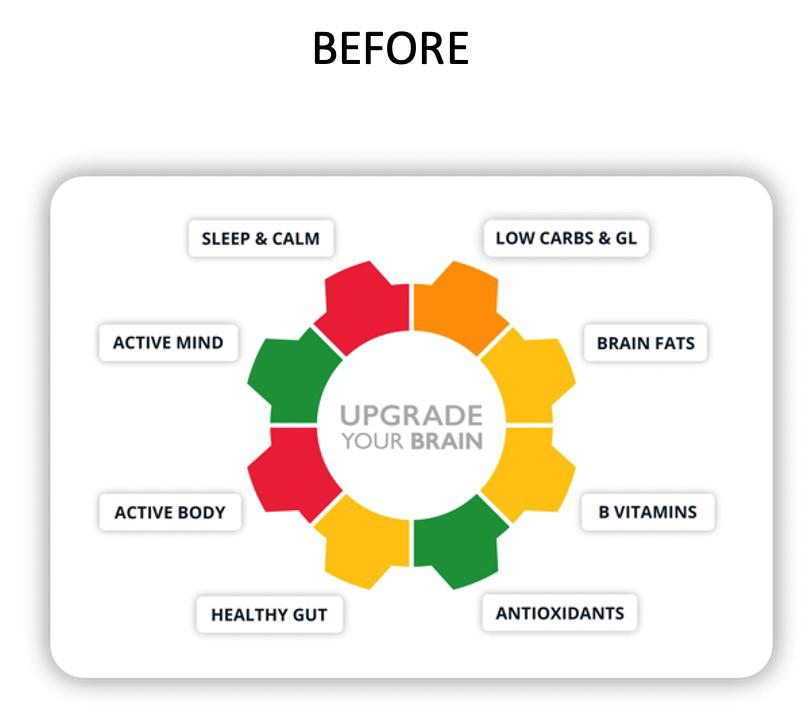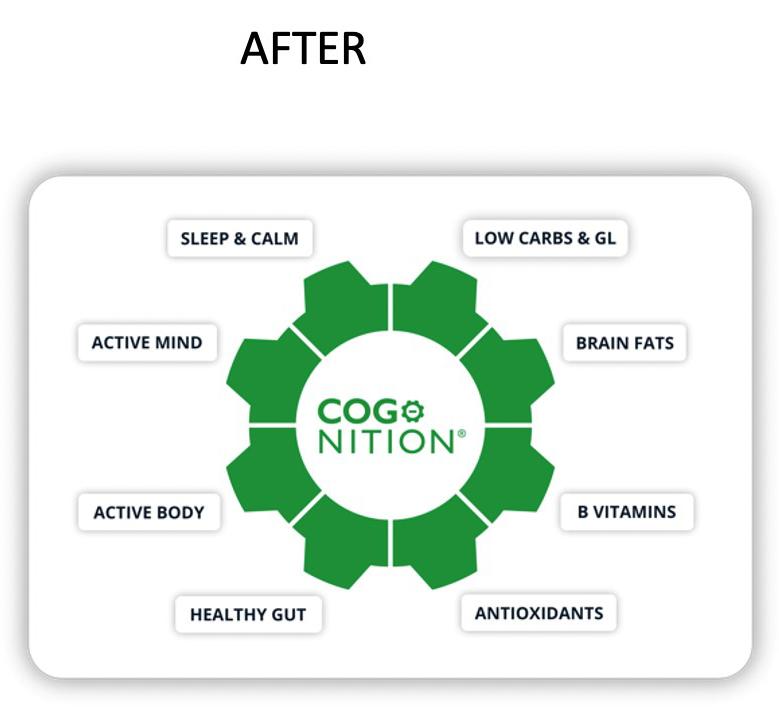see all jobs
Brain upgrade app launches to reduce Alzheimer’s risk
The Food for the Brain foundation has released a new app, Cognition, which it claims can help people cut their risk of Alzheimer’s by half.
The app is the result of a decade of research by the UK-based brain health charity, which has seen 380,000 users take their free online Cognitive Function Test.
Contrary to widespread belief, Alzheimer’s is not a natural part of aging and less than one in 100 cases is caused by genes. In the UK around 900,000 people live with dementia, but this figure is predicted to increase to 1.53m over the next 25 years. Globally 50m have dementia, but 152m people are expected to suffer from the disease by 2050. Dementia symptoms can begin as early as 30 years of age (known as young-onset dementia).
The foundation believes that if all known modifiable risk factors are targeted, this could reduce the incidence of dementia by a third.
“Alzheimer’s is preventable, but not reversible, it is not an inevitable consequence of aging,” said Patrick Holford, founder of the Food for the Brain Foundation. “We want to empower people to take charge of their own health, tracking changes and biohacking.”
To use the app, users need to register online and first take the Cognitive Function Test. The first part tests cognitive ability based on images, memory and reaction time. Then a ‘Cognition health, diet and lifestyle questionnaire’ follows. This takes 20 minutes to complete and assesses how lifestyle and diet may be affecting the user’s brain function. At the end the user receives a Dementia Risk Index (DRI) score and feedback on what they can change to lessen the risk.
Following the test, while on the DRI score page, users are invited to 'reduce your dementia risk index' and then the option to start the Cognition app appears – it costs £5 a month or £50 a year. The app sends actionable instructions, simple exercises and encouragement so users can make gradual and sustainable changes to their diet and lifestyle. Features include a daily step count, supportive groups on Facebook and Zoom and reminders via text or WhatsApp.
The Food for the Brain Foundation identified eight areas in diet and lifestyle as ‘prevention steps’: active body, essential fats, B vitamins, low-glycemic diet, antioxidants, digestion, sleep and calm and an active mind.
Ensuring adequate physical activity, particularly aerobic exercise, is key. “Exercise is important because it makes the brain do things that keep it healthy, such as growth and repair,” said Dr Tommy Wood, assistant professor of pediatrics at Washington University and a member of Food for the Brain’s scientific advisory board. “When they aren’t stimulated, the health of brain tissues deteriorates, with a knock-on effect on memory and thinking.”
Research by the NHS and University College London researchers has shown that 88 per cent of participants found the test useful and that most go on to make positive diet and lifestyle changes as a result.
The service is set to expand during 2023. “In the coming months we’ll be offering our citizen scientists a pinprick blood test to measure things such as Omega-3, vitamin D, glucose and B vitamin status,” said Holford. “Our goal is to continue to research and establish what really keeps people healthy and protects us from preventable and crippling diseases, such as Alzheimer’s. We want to create a model for sustainable healthcare that really works.”
- News by sector (all)
- All news
- Fitness
- Personal trainer
- Sport
- Spa
- Swimming
- Hospitality
- Entertainment & Gaming
- Commercial Leisure
- Property
- Architecture
- Design
- Tourism
- Travel
- Attractions
- Theme & Water Parks
- Arts & Culture
- Heritage & Museums
- Parks & Countryside
- Sales & Marketing
- Public Sector
- Training
- People
- Executive
- Apprenticeships
- Suppliers



































